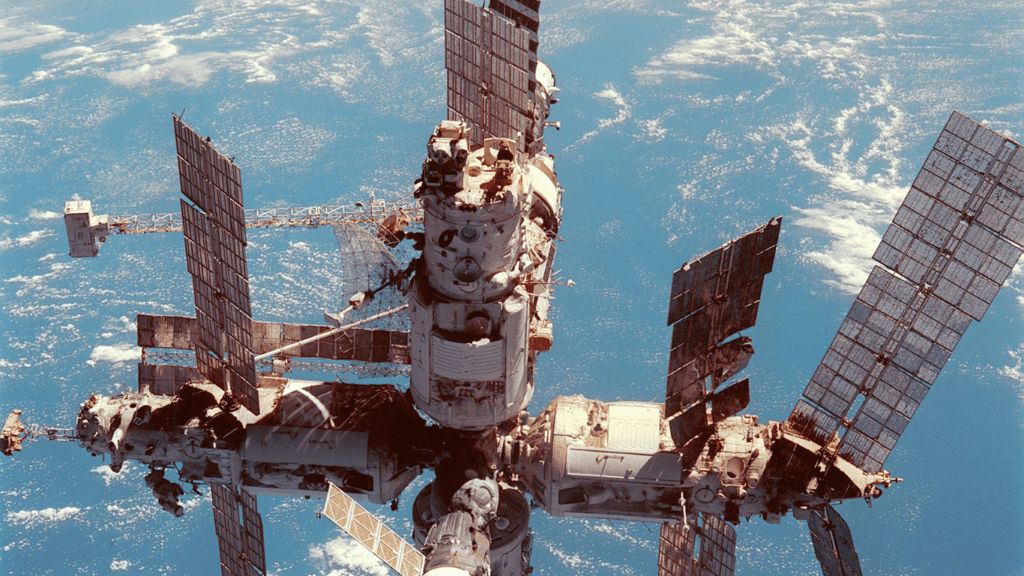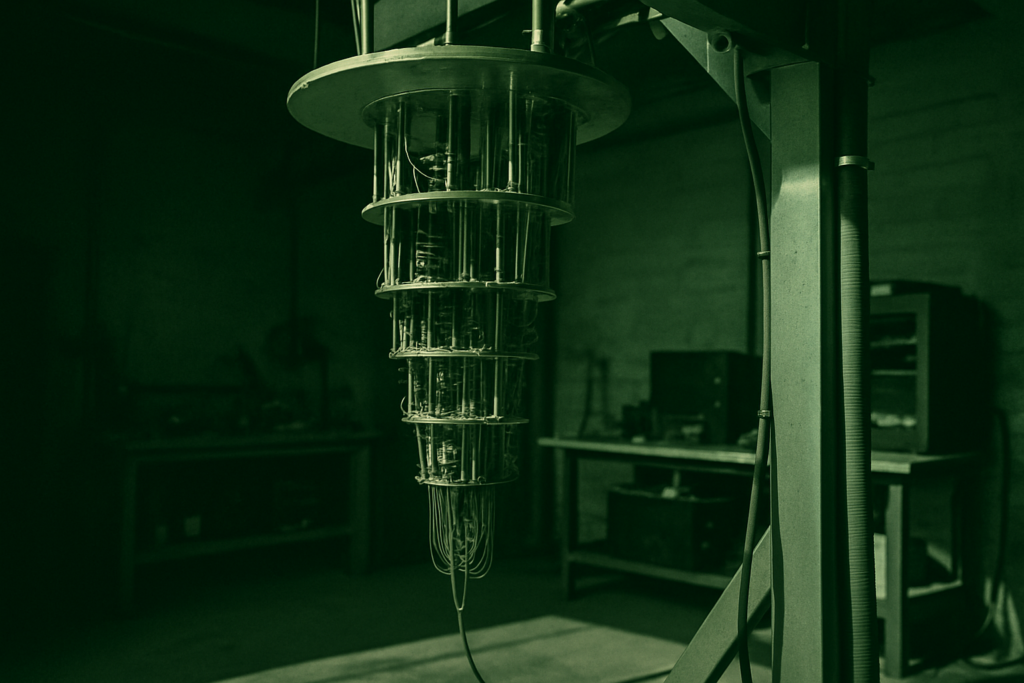As a space enthusiast, I’m constantly amazed by the incredible advancements in space exploration technologies that are propelling humanity into the cosmos. From cutting-edge propulsion systems to revolutionary spacecraft designs, the potential for exploration beyond our planet is truly limitless. With each new innovation, we edge closer to unlocking the mysteries of the universe and expanding our understanding of the cosmos.
Exploring the vast expanse of space not only fuels our curiosity but also holds the promise of groundbreaking scientific discoveries and technological breakthroughs. As we push the boundaries of what is possible, space exploration technologies are paving the way for future generations to reach even greater heights in our quest to explore the unknown. Join me on this journey as we delve into the exciting realm of space exploration technologies and the boundless opportunities they offer for the future of humanity.
The Potential of Space Exploration Technologies
Exploring space through advanced technologies unveils a vast array of opportunities for humanity. These innovations pave the way for groundbreaking discoveries and foster unprecedented advancements in science and technology. Join me as we delve into the realm of space exploration technologies and witness the boundless potential they hold for shaping the future of our civilization.
Emerging Technologies in Space Exploration
Exploring emerging technologies in space exploration unveils exciting opportunities for advancing our understanding of the cosmos and pushing the boundaries of scientific discovery.
Reusable Rockets
I find reusable rockets to be a game-changer in space exploration. They allow for cost-efficient launches by landing back on Earth after completing their missions, paving the way for more frequent and affordable space travel.
Advanced Propulsion Systems
Advanced propulsion systems are crucial for enabling faster and more efficient travel beyond Earth’s orbit. Technologies like ion propulsion offer increased efficiency, allowing spacecraft to reach distant destinations and explore outer space with enhanced capabilities.
Robotics and AI
Robotics and artificial intelligence play a vital role in exploring hazardous or remote environments in space. With the integration of robotics and AI, we can conduct intricate tasks, gather data, and even build structures autonomously on other planets, revolutionizing the way we interact with the cosmos.
Impact on Earth and Beyond

Space exploration technologies have a profound impact on both Earth and the vast expanse beyond our planet. Let’s explore how these advancements benefit us in various ways:
- Environmental Monitoring
Innovative space exploration technologies play a crucial role in environmental monitoring on Earth. Satellites equipped with advanced sensors help track environmental changes, observe natural disasters, monitor deforestation, assess climate patterns, and analyze pollution levels. By collecting data from space, scientists can gain valuable insights into the health of our planet, enabling informed decision-making for conservation efforts, disaster response, and sustainable resource management. - Resource Scouting
Space exploration technologies facilitate resource scouting beyond Earth, offering opportunities for discovering valuable resources on other celestial bodies. Robotic missions and probes explore asteroids, moons, and planets to identify potential sources of minerals, water, and other raw materials. These findings could have significant implications for future space missions, colonization efforts, and resource utilization, opening up new possibilities for sustainable exploration and economic development in space.
Challenges and Concerns
Space exploration technologies, while promising significant advancements, also present several challenges and concerns that need to be addressed for a successful and sustainable space exploration endeavor.
Cost and Safety
Ensuring the cost-effectiveness and safety of space missions is a critical concern in the development and utilization of space exploration technologies. The high costs associated with space missions pose a significant barrier to frequent and expansive exploration. Additionally, the safety of astronauts and space equipment remains a primary consideration, especially in light of the risks associated with space travel and prolonged stays in space.
Ethical and Political Issues
Space exploration technologies raise ethical considerations regarding the impact on celestial bodies and potential conflicts over space resources. Questions surrounding ownership and utilization of space resources, such as minerals and water on other planets, highlight the need for ethical frameworks to govern space activities. Moreover, the politics of space exploration, including international collaborations, regulations, and geopolitical tensions, add layers of complexity to the exploration of outer space.


